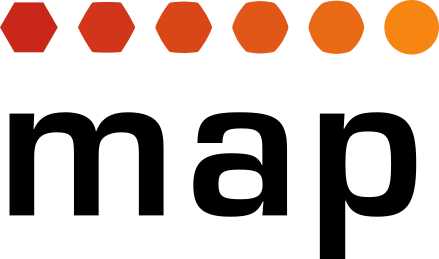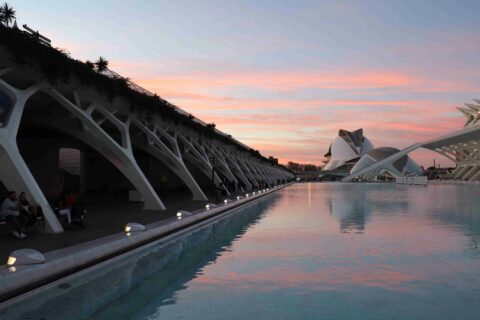Research internship in Valencia, Spain
From 4 September to 15 December 2023, I was able to complete a research project at the Instituto de Tecnologia Química (ITQ). The ITQ is a highly renowned research institute that specializes in catalysis and chemical processes. The ITQ is based at the Universitat Politècnica de València (UPV) in Valencia, Spain. The institute is supported equally by the university and the Spanish government’s Consejo Superior de Investigaciones Científicas (CSIC). I worked with the excellent team of Dr. Gonzalo Prieto, which is directly funded by the European Union (European Research Council (ERC) Grant Agreement No. 864195) among others.
I would like to take this opportunity to thank the UPV, the CSIC, the ITQ and the ERC for allowing me to use their research facilities. My personal stay, as well as other scholarships, was sponsored and supported by the MAP educational grant. I am extremely grateful for this, as it would not have been possible without these funds. I first made contact with the research team in Valencia through Professor Haumann, with whom I completed my first miniproject. The internship was part of the “Additional Qualifications”.

During my time in Valencia, I was able to learn a lot about numerous techniques and gain practical experience with various machines and pieces of equipment, that previously only consisted of theoretical knowledge. I had the opportunity to carry out XRD, TPR, N2 physisorption, (S)TEM, SEM and numerous other techniques directly on site. My research internship focused on the synthesis and development of porous materials as support systems for liquid metal catalysts. I was allowed to carry out and investigate all the steps on my own. First, I manufactured the materials, characterized them, specifically improved specific properties, introduced the catalyst system into the material, and tested it under reaction conditions. Since I started a new line of research in this team, I was very much on my own and had to figure out a lot by myself and develop new methods. This showed me what working as a doctoral student will probably be like, and I really enjoyed it. Of course, I had plenty of support from the PhD students and post docs, and I was able to learn a lot from them. I am very grateful for that help and support. Ultimately, I gained a lot of knowledge and practical skills from the internship. In fact, I can now say that this additional, intensive research work has prepared me very well for a potential PhD. I can only warmly recommend such a stay, especially as preparation for a potential doctoral thesis.
In addition to research, I can also recommend a semester abroad in Spain or Valencia to anyone. The culture is pleasantly open and fresh. Spain is an incredibly beautiful country. On numerous weekends, I took short trips across the Iberian Peninsula. From beaches and deserts to mountains and green hills – Spain really has everything to offer. The cities are fascinating, as well. I can particularly recommend Valencia. The combination of historic buildings in the city center, the bed of the former Turia River and the futuristic “Ciutat de les Arts i les Ciències” is truly breathtaking. There are also numerous activities offered by Erasmus organizations on site, although I have to admit that I did not really take part in them, with the exception of three volleyball games. However, this did not bring me any disadvantages at all. I was able to get to know people from Valencia and experience even more about the culture and way of life of the “locals”. I was incredibly lucky to meet such interesting and unique people. Furthermore, I was able to form deep friendships with some of them, which I hope I can continue to maintain in the months and years to come.
Overall, I can draw an extremely positive conclusion from my stay abroad. I had the unique opportunity to learn a lot in my field of research. At the same time, I had great experiences culturally and socially. I am sure that both will be of great value for my future development, both scientifically and personally.
By MAP student Andreas Schuß (matriculation group 2021)

